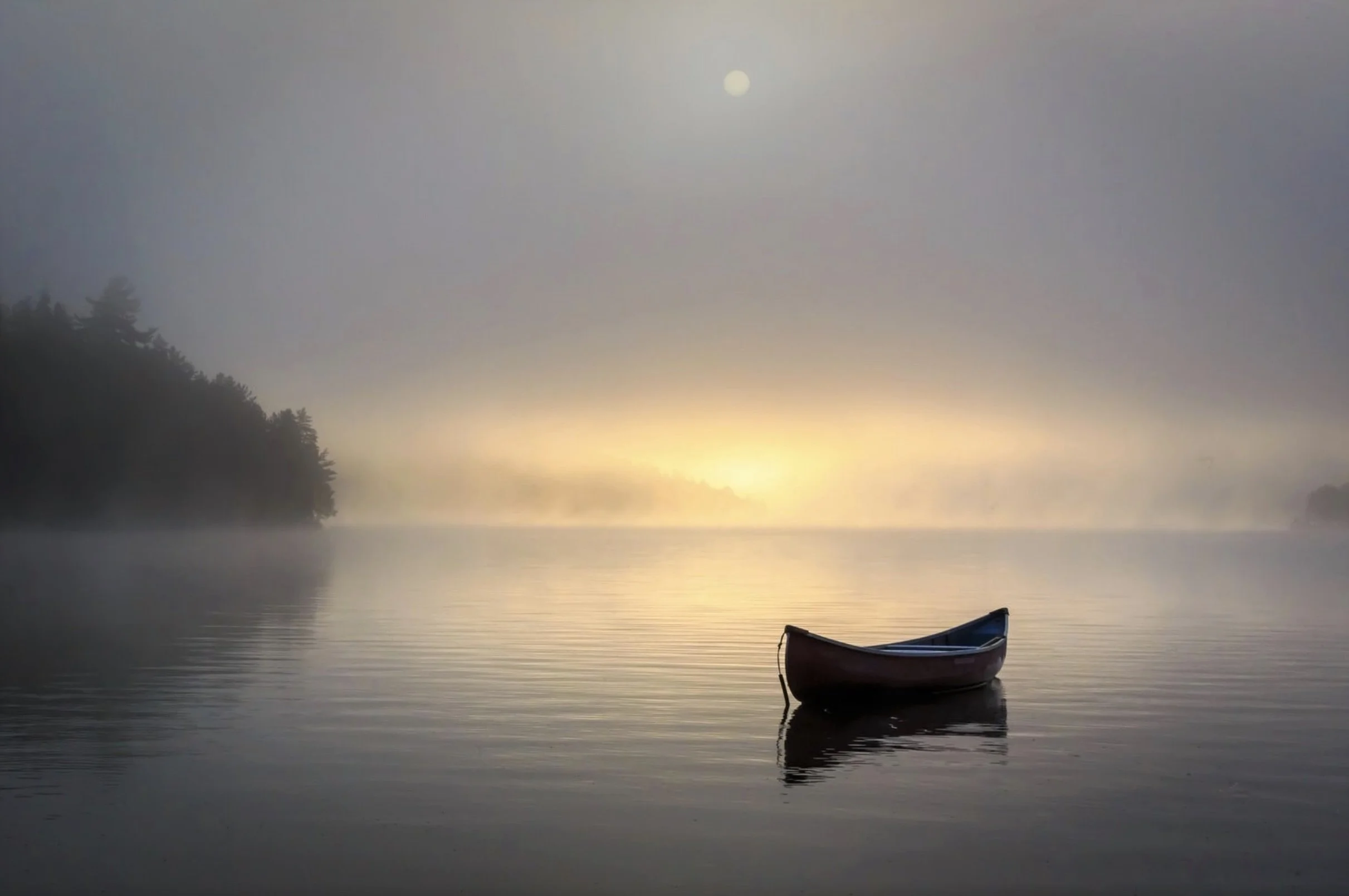▪ INNERMOST HOUSE® ▪
A DEEPER HOME

The Individual Soul
Ralph Waldo Emerson, “The Over-Soul”
THE INDIVIDUAL SOUL
I have taught one doctrine, namely,
Visit Our American Old Growth Initiative
IMAGES
”Misty Morning on Lake,” Getty Images 473168848
Ansel Adams, ”Close-Up of Leaves,” In Glacier National Park, 1942
”Annual growth rings of a tree and cracks” Taner Muhlis
QUOTATIONS
”And this deep power in which we exist. . .” Ralph Waldo Emerson, “The Over-Soul”
”For what shall it profit. . .” Mark 8:36 KJV
”The individual is the world. . .” Ralph Waldo Emerson, “Historic Notes of Life and Letters in New England”
”I have taught one doctrine. . .” Ralph Waldo Emerson, Journals and Miscellaneous Notebooks, 1838-1842
”There is no great and no small. . .” Ralph Waldo Emerson, “History”
”I have taught one doctrine. . .” Ralph Waldo Emerson, Journals
”There is one mind common to all. . .“ Ralph Waldo Emerson, “History”
”Every god is there sitting in his sphere. . .” Ralph Waldo Emerson, “Illusions” in The Conduct of Life


